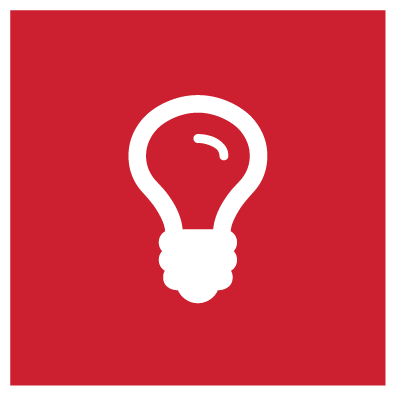In a survey reported by the Campus Recruitment & Benchmark Report (2013)*, Canadian employers report that among the top skills they value in new hires are communication, teamwork, problem solving, and critical thinking skills. As you’ll find out in the student interviews under each competency, EE is a great conduit to develop and refine these skills.
EE also provides an opportunity to increase your engagement with the community, which is also core to a university education. As a student and citizen, you have a lot to contribute and can make a difference in the life of your communities.
Readiness Checks
When you work through the readiness check questions, think of recent situations where you had to apply these skills. Make sure you have specific examples in mind that can illustrate your performance.
You may use the EE Readiness Checks Tool to assess your current level of readiness. The readiness checks will help you assess your current skill level for communication, teamwork, problem solving and civic engagement. Note that you will need to complete the four readiness checks before you can view your results.
Tip: Complete the readiness checks before and after your EE course to measure your progress over time.
- Readiness Checks - PDF download
*Smith, P., and Lam, M. (2013). Campus Recruitment & Benchmark Report: Educator Summary. Canadian Association of Career Educators and Employers.





